23 May 2022
Supporting patients to engage in their recovery journey
Tagged by
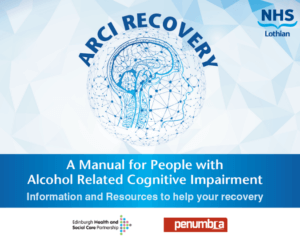
The Penumbra and NHS Lothian Team at the ARBD Unit located in Colinton at Penumbra Milestone recently used Small Grants funding from NHS Lothian Charity to produce a self-help guide for patients with Alcohol Related Brain Damage (ARBD).
In Lothian around 600 people per year are estimated to live with ARBD. Around 10% of these people will use acute services and may be referred to the ARBD Unit. However, many people with a diagnosis of ARBD will not receive inpatient specialist care and this self-help booklet will be a resource available in the Ritson Ward, LEAP (Lothian and Edinburgh Abstinence Programme) and the 10 Community based substance misuse hubs across Lothian.
ARBD is a disorder from which patients can make a partial or full recovery. However, resources that support recovery and rehabilitation have to be adapted to take into account the cognitive deficits.
With this in mind, the Clinical Psychologist for the ARBD Unit, with input from the NHS, Penumbra and City of Edinburgh staff who provide the service at the ARBD Unit, had written a self-help guide designed to be used by patients, their families and the professionals with whom they are engaged. However, it needed to be presented in a way that was clearly illustrated and accessible to those with cognitive impairments. They applied for funding through NHS Lothian Charity to support the costs of designing and printing this guide.
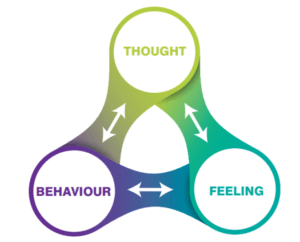
Fiona Hume, Assistant Programme Manager ARBD, explains more:
“We wanted to create a guide that helped inform patients as well as family and friends about ARBD and what activities individuals could do on their own or with support from others to help them understand and cope with their ARBD diagnosis. We also wanted to share some of the specialist techniques being used in the ARBD Unit wider so that, with support from community specialist addictions staff, community-based patients could also benefit from such a resource. There was no other resource like this available in the community that encouraged patients to take their own recovery journey and learn techniques to cope and live with ARBD.
“The self-help guide, that had been written by our Clinical Psychologist, Stephen Smith, needed to be in a format that was not only informative but was also interactive with exercises and worksheets that could be completed in the manual.
“Not everyone with a diagnosis of ARBD will be able to receive care and treatment from the ARBD Unit, so this specialist resource can be used by staff who are treating patients in the community, or by patients on their own. Regardless of where someone is receiving care and treatment, they can take the booklet away and work through it to help them live a better life with their condition.
“Our initial aim was to produce a hard copy version which we felt would be more suited to the client group. However, we were also able to produce a digital version that we host on our internet and intranet sites to enable anyone to access and use it to aid their recovery.
“The guide has been well received by colleagues in substance misuse and psychology services, and NHS Lothian has now been approached by several other Health Boards for access to it.
“The grant from NHS Lothian Charity has enabled us to both present the guide in a more professional way than we could have done ourselves on a laptop, and print copies for individuals to take way and work through. We are so grateful to everyone who supports the Charity and makes projects like this possible.”
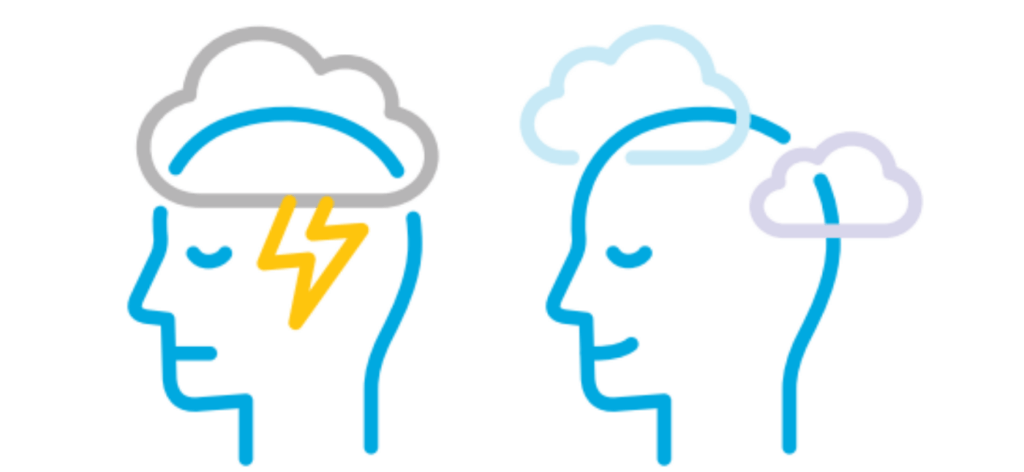
Illustrations produced by: Wendy Richardson at Icreative
Find out how others have used charitable funding to improve patient experiences and outcomes

Personalising Radiotherapy Treatment to Improve Quality of Life
What if life-saving cancer treatment could be precisely tailored to you, dramatically reducing side effects and improving your quality of […]
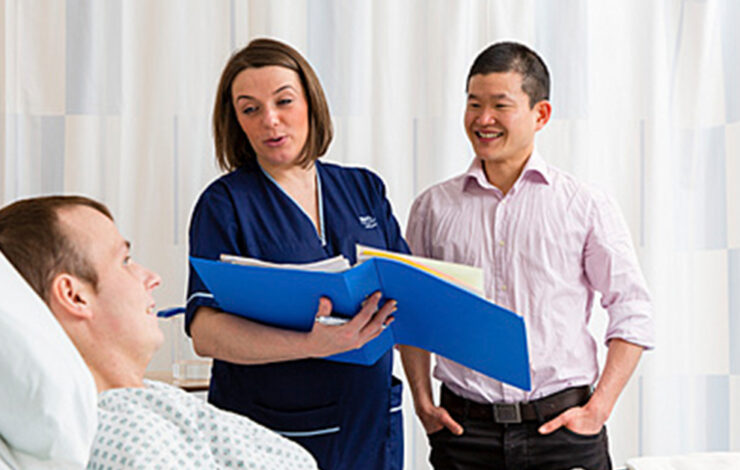
The Power of Every Step: From Fundraising to Frontline Impact
The commitment of our fundraisers, coupled with the generosity of families and friends, means we are able to support innovative projects across NHS Lothian that improve patient outcomes and experience.
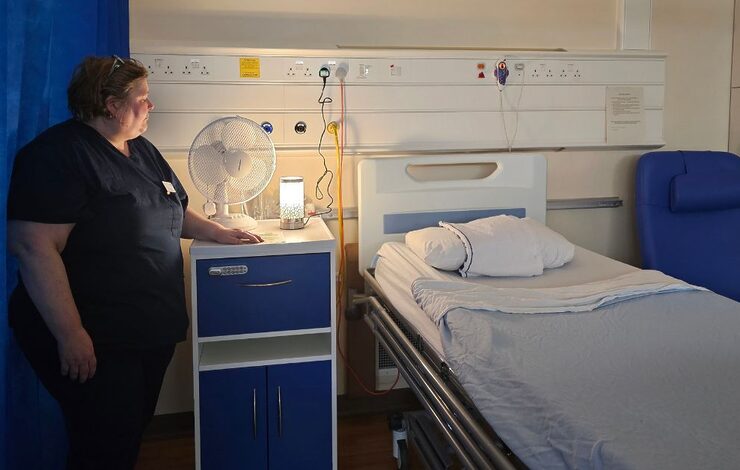
Creating a calmer birthing environment for new mums at the Lothian Birth Centre
Sometimes, it’s the little things that make the biggest difference. At the Lothian Birth Centre, the amazing team works tirelessly […]
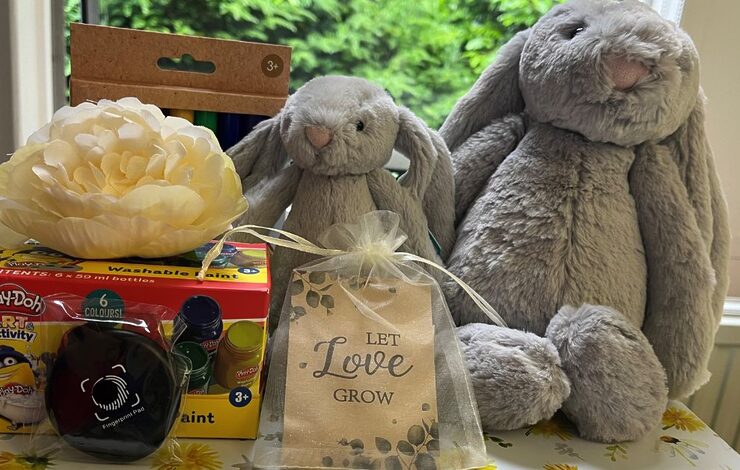
Making Memories Matters – Enhancing Patient Experience Through Keepsakes
For patients and families facing a palliative diagnosis, creating and preserving memories can be a powerful source of comfort and connection at a difficult time.
